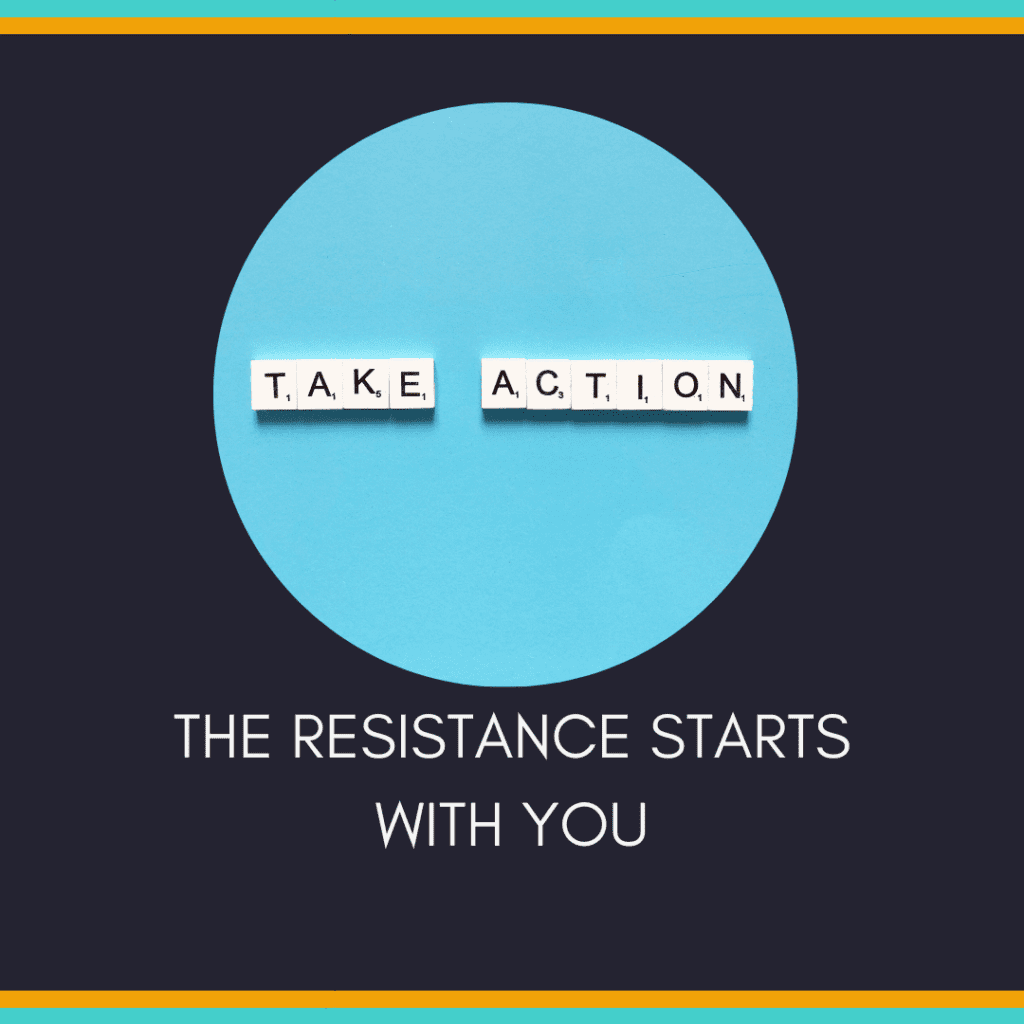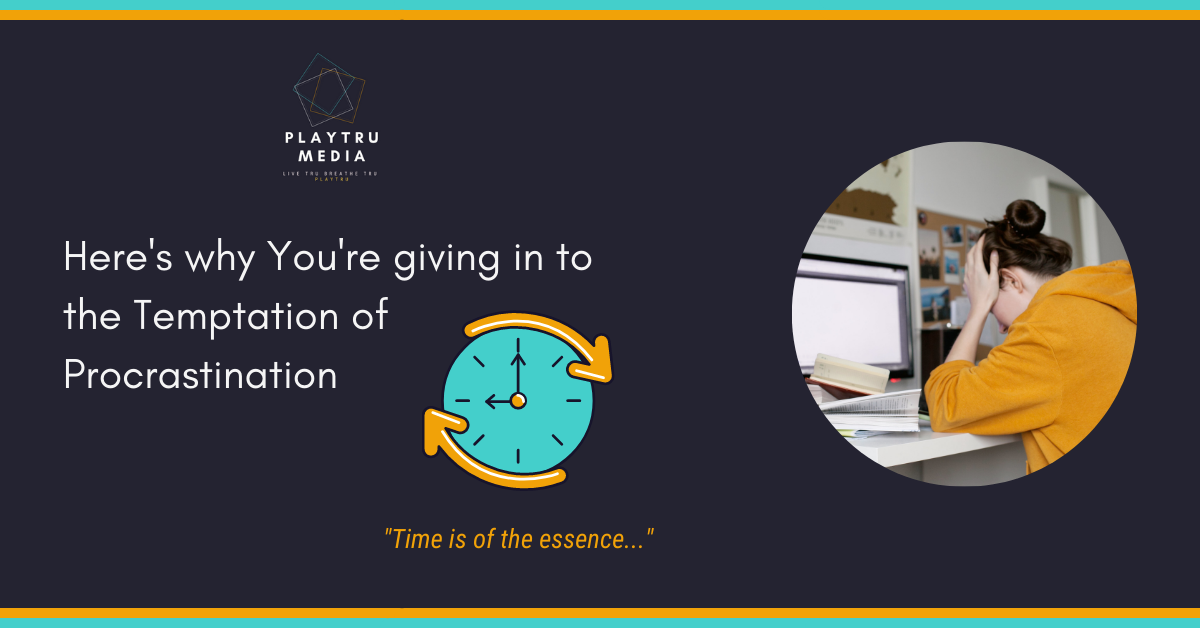It’s the same old story again. You wake up, hit snooze the first time, and then let the continuous ringing of the alarm bell drag you out of the bed. You dread what’s yet another day of grind-filled work and negative thoughts. The focus of this article… my friends… is “Procrastination”.
Whether it’s the barista delaying your Coffee or the thought of explaining to your grumpy boss why you couldn’t meet the deadline for that project, this thing has eaten your entire life and you seem to be helpless in the face of defeat.
There has been ongoing research on the subject of this article. One such study reckons that around 25% of adults consider it to be a defining personality trait for them.
Good ol procrastination. I admit I have been its victim too, similar to that 25% of adults.
As defined by the Oxford Dictionary, procrastination is the “act of delaying something that you should do, usually because you do not want to do it”.
Procrastination is like slow-poisoning for the body. It makes us waste time, make poor (hurried) decisions, and even lose our self-esteem. Think about the last time you couldn’t meet a deadline and your boss publicly called you out. That wasn’t too good for the feels, right?
Luckily, in this day and age, we have a ton of resources that we can harness to solve this problem. Whether it’s by performing lower-tier activities such as making to-do’s or prioritizing tasks, or through higher-tier activities like assertiveness training and going through a paradigm shift, procrastination is an unhealthy demon but one that can be purged through concentrated resolution.
In this article, we’re going to do just that, but first, let’s find out why Procrastination occurs in the first place. To solve ANY problem, it’s important that we get to the root cause of the trouble. Then, we can reverse-engineer through the whole process and find meaningful change.
Why Procrastination wants to Control You?

Procrastination is a mental problem and has to do with the attitudes that govern our life. While it’s not a one-size-fits-all thing, procrastination usually happens when we feel anxious about a certain task whose deadline is fast approaching.
We fear that we would have to suffer severe consequences i.e. a scolding at the hands of your boss or a demotion, etc. Instead of that fear pushing us to complete that task, we push off that negative feeling by doing… uh… nothing.
Society teaches us to suppress our emotions as they somehow make us appear more robust. But, in this case, masking those negative feelings does the opposite. Instead of completing that meeting agenda by noon, we open up Netflix. Seriously, what’s more important?
a) that meeting agenda, OR
b) another episode of “How to get away with Murder”
Some other reasons include, but are not limited to:
- Fear of Failure or Criticism
- Depression and Anxiety
- Perfectionism
There are actually two kinds of procrastination. Let’s see what they are.
Chronic Procrastination:
This is the real “elephant in the room”. When you ignore acute procrastination for too long, eventually that turns into Chronic Procrastination and this is where things can get a little too heated.
This kind of procrastination is a state where you procrastinate in nearly every aspect of life. You put off every task that comes your way and your attitude also comes off as irritating to other people. Put simply, you’re just tired of the day-to-day. Chronic Procrastination, when left untreated, can even lead to severe mental health issues like depression and anxiety.
Another reason it takes shape is when you set unreasonably high goals for yourself and then when you’re unable to achieve them, you feel that sense of failure and dread. You start to self-sabotage and feel as if life is worthless (it is worth every penny actually!)
Here are some ways you can reset your mind and resolve chronic procrastination:
- Assertiveness Training – Being assertive is something a lot of people struggle with doing. Assertive Training helps you do that by solidifying the principle that you have every right to express your thoughts, feelings, and emotions, by doing it respectfully. It helps you feel more confident about expressing yourself; in a way that is confident but doesn’t make you appear hostile in front of others.
- Overcome your fears – Chronic Procrastination finds its roots in your fears. A lot of time when we are unsure about completing a particular task or worry about the outcome, we don’t put 100% of us into that task. That fear of an unwelcome outcome keeps us from giving our best. Overcoming fears isn’t that hard. The first step is to list out what you’re actually afraid of and then find activities that can help reduce those fears. If you’re scared of heights, try para-gliding. If you’re afraid of water, try surfing. You get the point!
One thing to remember is that the process is never to fully rid yourself of Fear. Fear is a very necessary trait and something that inhabits us from adolescence. The most we can do is acknowledge and use that fear to our advantage. - Therapy – If you’re tried various solutions but none seem to work, then Therapy might be your best hand at recovery. Chronic procrastination is a mental problem and who else is better to help you through it than a psychologist. Gone are the days of the past where stigmas about mental health counseling held society back. Recent years have seen Therapy come to be known as a way to help you take charge of life instead of it being an invasive activity.
If you’re unsure of where to start, try using BetterHelp, which helps you find certified therapists through their online directory. They’re quite accessible, convenient, and affordable, and best of all – Your privacy will be kept private.
Acute Procrastination:
This is the lesser evil of the two and in some cases, is an absolutely normal thing to do. Acute Procrastination takes over when you’re tired or under emotional stress. “Burnout” also triggers this response.
Again, it’s a completely normal thing but the important aspect is to be aware and know when you’re going overboard with it.
Some ways to solve Acute Procrastination include:
- Organize your life – Admit it; your current life is rather haphazard. You might have certain goals and ambitions but you haven’t gained clarity and organized those thoughts to create a roadmap for success. Your to-do’s for the week are rather easy, but you have no idea which tasks to commit to first, and how much time to dedicate to a certain task.
By organizing your life, you’re getting rid of bad habits for good. One way to start organizing your life is to make a “To-Do List”. I know it sounds cliche, but there’s reason to-do lists are so popular. And they don’t take up a lot of time either. Just get a notebook and every night before going to bed, write down the tasks you want to complete for the next day. Keep it short and simple considering any other engagements you have going that might affect time. - Prioritize then Execute – Do you get that feeling of dread when you go to work on a Monday morning and your email is riddled with important tasks for the week ahead? In reality, most of the tasks are rather mundane but we don’t know that since we see a huge af list that overwhelms us. That’s one way to look at it.
The other way is to start prioritizing. Organize those tasks according to their importance and you will get a birds-eye view of what needs to be done and when. For starters, start checking off the easier tasks which don’t take up too much of your time, and then slowly ease yourself into the important ones. Take it one step at a time and avoid multi-tasking. - Take breaks in between – It’s never wise to commit all of your energy towards work. The human mind can only deal with so much. Checking off tasks back-to-back might give us that sense of gratification but it puts our brain under severe mental pressure, and as we know that every object has a boiling point.
When our brain reaches that boiling point, it starts getting groggy, and to evade that drowsy feeling, we procrastinate. You remember those short bouts of naps after spending 5 hours on a single project, right?
The resistance starts with You – Take Action!

Procrastination is a mental obstacle and this is why I focus so much on the importance of mindset.
You should never take procrastination lightly. As we said at the start of this article, it’s a slow poison. It will destroy your life if you don’t take remedial action. A survey by the American Psychological Association showed that around 94% of people believe that procrastination had a negative effect on their happiness.
However, at PlayTru, we believe in acknowledging the negative and focusing on the positive. Procrastination is negative, but there are ways we can turn it into something positive for us. The steps outlined above will go a long way toward helping you recover from it. But change starts with you. Unless you tell yourself that you will change, you can’t expect results.
If you want to be the harbinger of change, inspire others around you, and take charge of life, sign up for the PlayTru Newsletter. Get all the latest in Marketing, Entrepreneurship, Mindset, and Lifestyle delivered to your Inbox weekly at 11 AM EST!
For inquiries, you can email playtrumedia12@gmail.com
For guest posting opportunities, reach out to zane@playtrumedia.com

